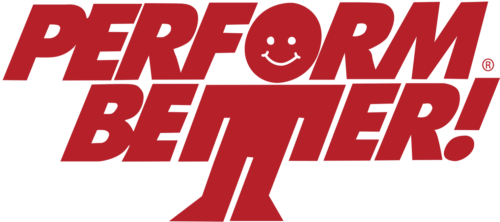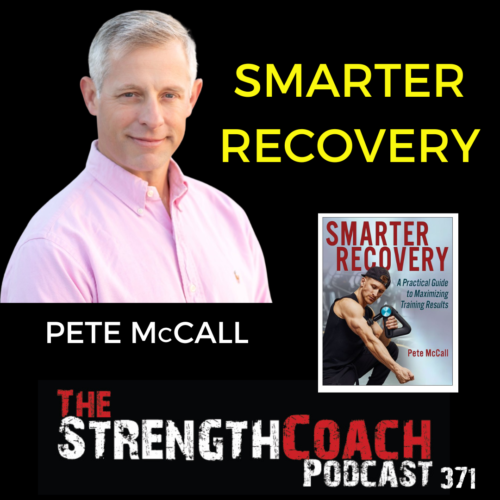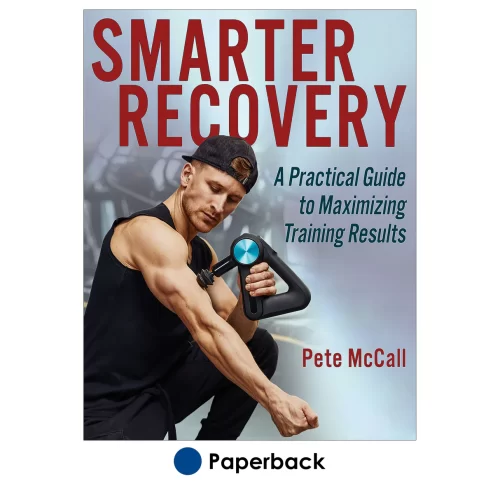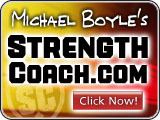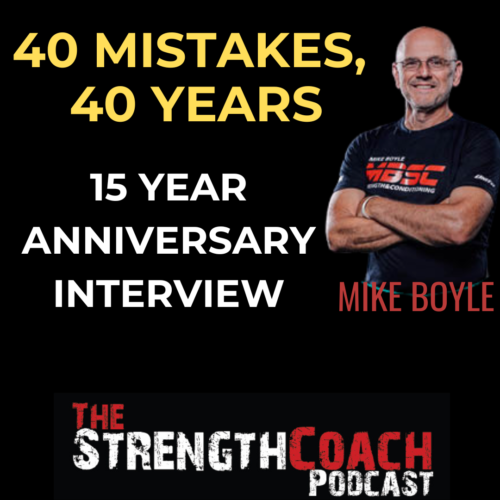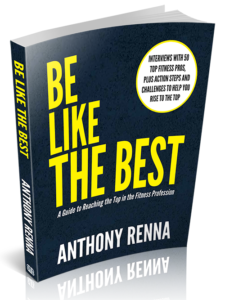
 The Strength Coach Podcast
The Strength Coach Podcast Smarter Recovery with Pete McCall
Dec 21, 2023
Pete McCall, Senior Director of Education for EōS Fitness and author of Smarter Recovery, discusses specific modalities of recovery, the history of recovery, overtraining, outside stress, functional overreach, high intensity exercise, built-in recovery, and his new book Smarter Recovery.
AI Snips
Chapters
Transcript
Episode notes
Defining High Intensity Exercise
- Define high intensity as exercise at 80% or more of max heart rate or VO2 max.
- Use perceived exertion (RPE) or heart rate to measure intensity and tailor training accordingly.
Soviet Recovery Focus for Peak Performance
- Soviet athletes were kept rested before competition for peak performance.
- Competing at 110% requires athletes to avoid fatigue and start fresh on race day.
Overtraining and Life Stress Role
- Overtraining is disrupted homeostasis where the body can't reset to normal.
- Consider overall life stress as it compounds training stress; recovery strategies must address total stress load.

